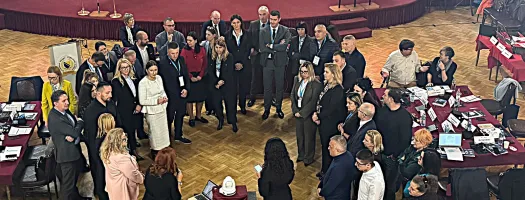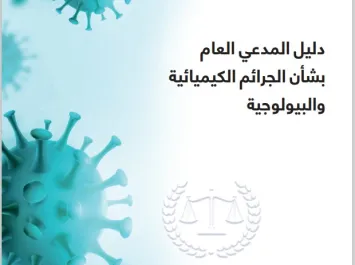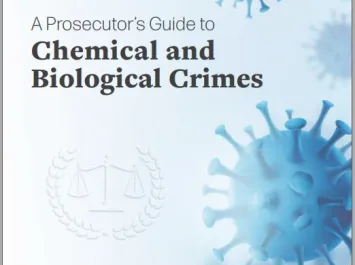The Western Balkans have taken a major step toward strengthening their capacity to prevent and respond to Chemical, Biological, Radiological, and Nuclear (CBRN) crimes through a regional Tabletop Exercise (TTX) organized under the EU CBRN Risk Mitigation Centres of Excellence (CoE) Initiative.
Hosted by the Ministry of Defence of Bosnia and Herzegovina at the Army Hall in Sarajevo from 4 to 5 November 2025, the exercise brought together 40 participants, including prosecutors, investigators, judges, forensic experts, law enforcement officials, and policymakers from Bosnia and Herzegovina, Montenegro, and North Macedonia. Participants collaborated in simulated CBRN crime scenarios designed to enhance regional cooperation, strengthen legal frameworks, and improve operational coordination across the criminal justice chain.
Strengthening Collaboration and Legal Preparedness
Opening discussions highlighted the value of sustained engagement between beneficiary countries and the EU CBRN CoE Initiative, emphasizing technical assistance, knowledge exchange, and institutional cooperation. Participants explored mechanisms for cross-border investigations, mutual legal assistance, and other tools to enhance international prosecution of CBRN crimes.
A dedicated session focused on human rights safeguards in CBRN criminal proceedings — underscoring the need to uphold due process, protect vulnerable populations, and ensure proportionality in legal responses.
Scenario-Based Learning and Regional Dialogue
Inspired by similar initiatives in Moldova and Ukraine, the TTX featured two realistic incident scenarios — one biological and one chemical — each structured around progressive operational “injects.”
The biological scenario, conducted on the first day, guided participants through a simulated sequence from incident detection and suspect apprehension to evidence collection, decontamination, and public information procedures. Structured debriefings enabled national teams to evaluate their legal frameworks, operational protocols, and inter-agency coordination.
The second day introduced the Prosecutor’s Guides to CBRN Crimes (Prosecutor’s Guide to Chemical and Biological Crimes and Prosecutor’s Guide to Radiological and Nuclear Crimes), which are practical resources supporting legal professionals in handling complex CBRN cases. Participants assessed their countries’ investigative and prosecutorial capacities, identified legislative and institutional gaps, and outlined priority actions for strengthening national preparedness.
Advancing Regional Resilience
The final component featured a chemical incident scenario, mirroring the biological exercise’s structure and reinforcing lessons learned. Teams practiced evidence handling, coordination among agencies, and response planning, highlighting the critical importance of preparedness, legal clarity, and communication in addressing CBRN threats such as illicit trafficking, deliberate release, and misuse of dual-use technologies.
Supported by the European Union and implemented by UNICRI, the initiative provides participating countries with tailored training modules and guidance manuals to promote sustainable capacity-building and institutional knowledge.
The Western Balkans’ proactive engagement in CBRN criminal justice reform demonstrates a growing recognition of the transnational nature of CBRN threats. By investing in legal preparedness, regional cooperation, and operational readiness, the region is setting a benchmark for collaborative risk mitigation and long-term resilience.



